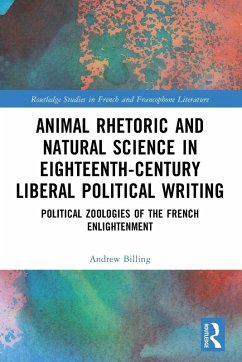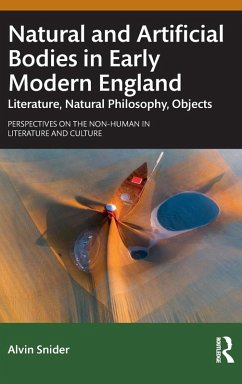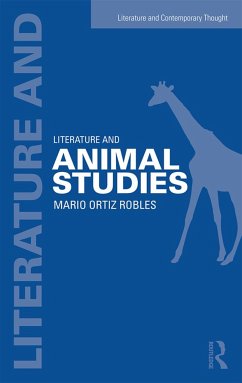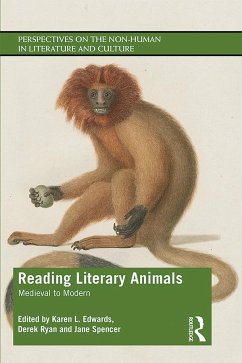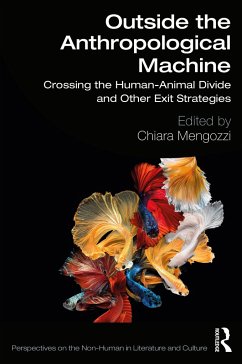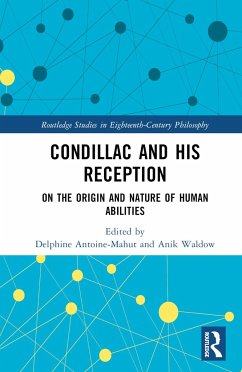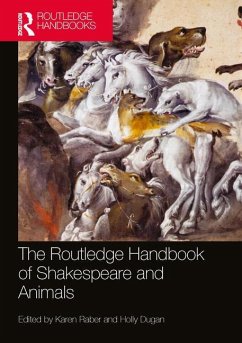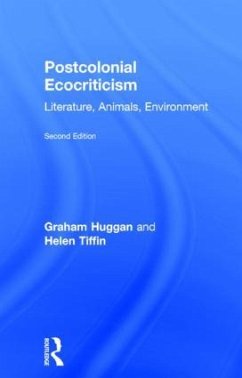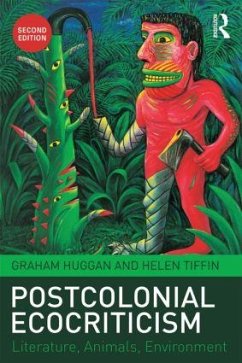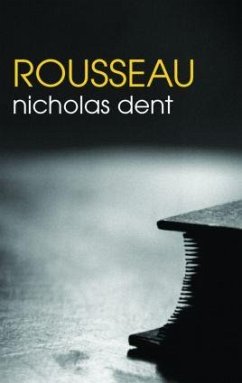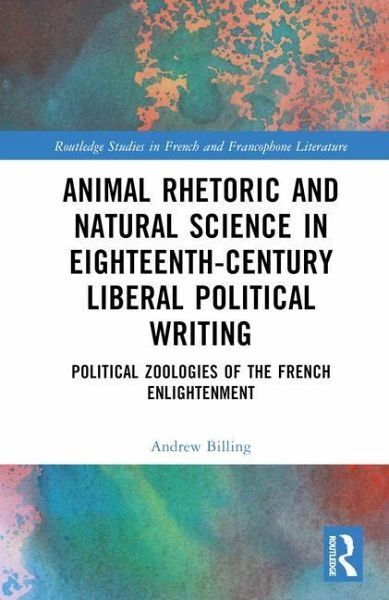
Animal Rhetoric and Natural Science in Eighteenth-Century Liberal Political Writing
Political Zoologies of the French Enlightenment
Versandkostenfrei!
Versandfertig in 6-10 Tagen
170,99 €
inkl. MwSt.
Weitere Ausgaben:

PAYBACK Punkte
85 °P sammeln!
Our tendency to read French Enlightenment political writing from a narrow disciplinary perspective has obscured the hybrid character of political philosophy, rhetoric, and natural science in the period. As Michèle Duchet and others have shown, French Enlightenment thinkers developed a philosophical anthropology to support new political norms and models. This book explores how five important eighteenth-century French political authors-Rousseau, Diderot, La Mettrie, Quesnay, and Rétif de La Bretonne-also constructed a "political zoology" in their philosophical and literary writings informed by...
Our tendency to read French Enlightenment political writing from a narrow disciplinary perspective has obscured the hybrid character of political philosophy, rhetoric, and natural science in the period. As Michèle Duchet and others have shown, French Enlightenment thinkers developed a philosophical anthropology to support new political norms and models. This book explores how five important eighteenth-century French political authors-Rousseau, Diderot, La Mettrie, Quesnay, and Rétif de La Bretonne-also constructed a "political zoology" in their philosophical and literary writings informed by animal references drawn from Enlightenment natural history, science, and physiology. Drawing on theoretical work by Derrida, Latour, de Fontenay, and others, it shows how these five authors signed on to the old rhetorical tradition of animal comparisons in political philosophy, which they renewed via the findings and speculations of contemporary science. Engaging with recent scholarship on Enlightenment political thought, it also explores the links between their political zoologies and their family resemblance as "liberal" political thinkers.





